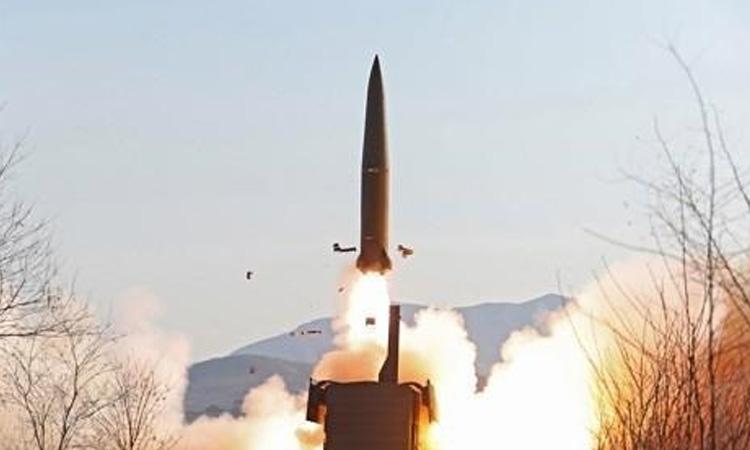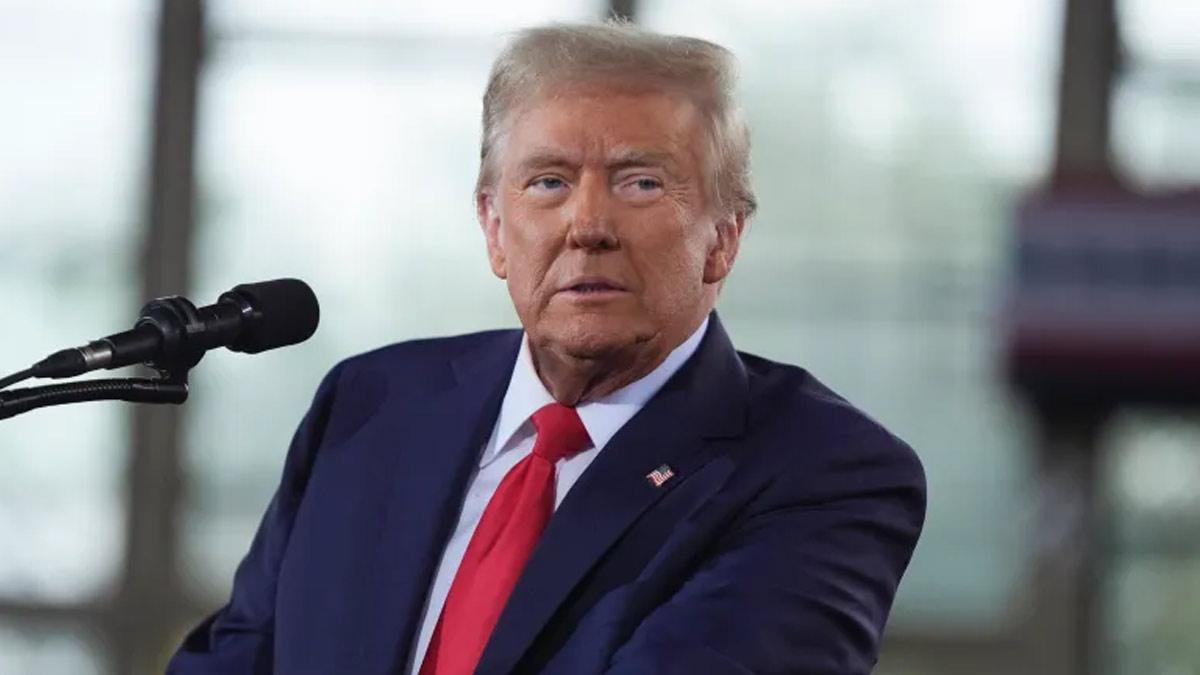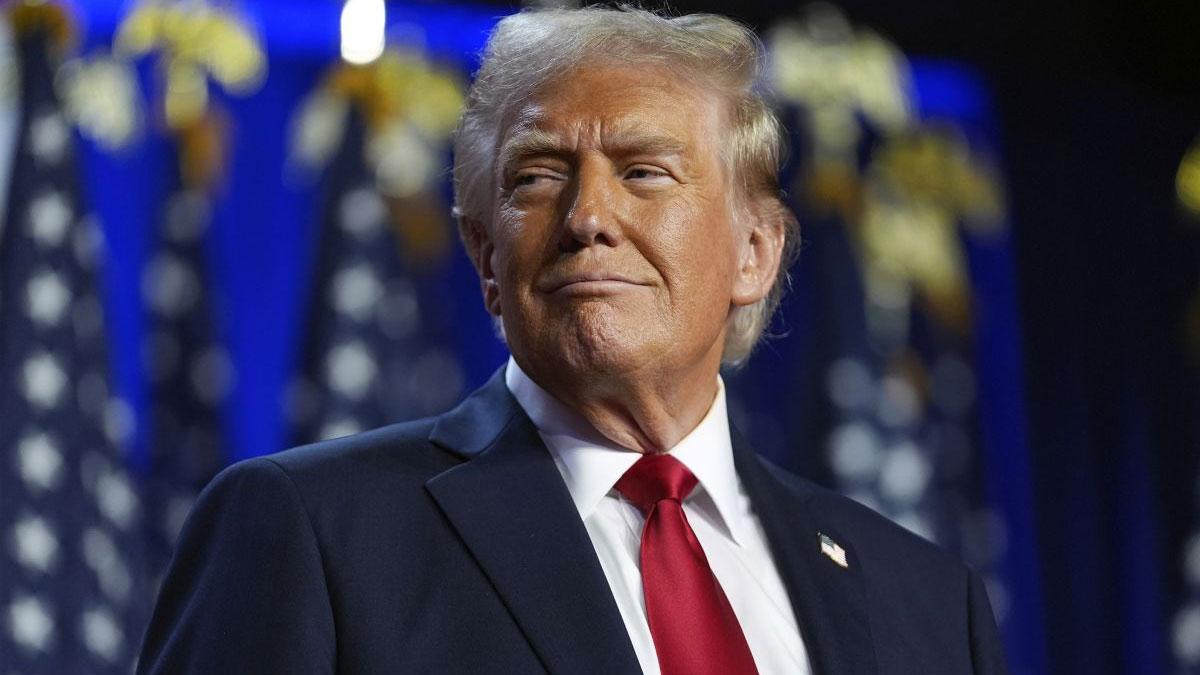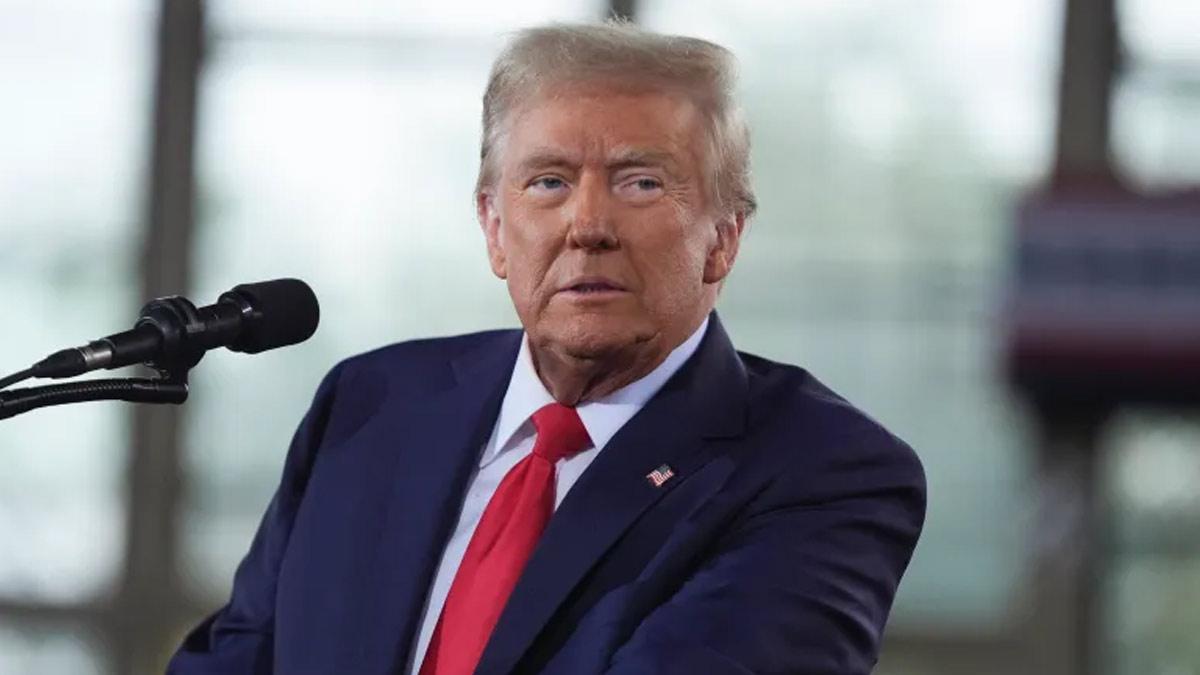North Korea fired two suspected short-range ballistic missiles eastward from an airfield in Pyongyang on Monday, South Korea's military said.
The Joint Chiefs of Staff (JCS) said it detected the projectiles fired from the Sunan airport at 8.50 a.m. and 8.54 a.m., respectively, and that they flew about 380 km at an altitude of 42 km, reports Yonhap News Agency.
"For more specific information, the intelligence authorities of South Korea and the US are conducting a detailed analysis," the JCS said in a statement without further details.
The latest firing came just three days after the North launched two suspected short-range ballistic missiles into the East Sea that it later claimed to be guided missiles fired by a railway-borne regiment during a firing drill.
Read Also | US reaffirms security commitment to Seoul after N.Korean missile tests
Monday's firing from Pyongyang appears to underscore the North's evolving capabilities to launch missiles from various platforms, including trains, subsurface assets and land-based facilities.
Last week, Pyongyang warned of a "stronger and certain reaction" to the US' recent imposition of fresh sanctions on six North Koreans involved in the regime's weapons of mass destruction and ballistic missile programs.
Read Also | N.Korea fires 2 suspected ballistic missiles: Seoul
The North also test-fired its self-proclaimed hypersonic missile on January 5 and 11, ratcheting up tensions amid an impasse in nuclear negotiations with the US.


















